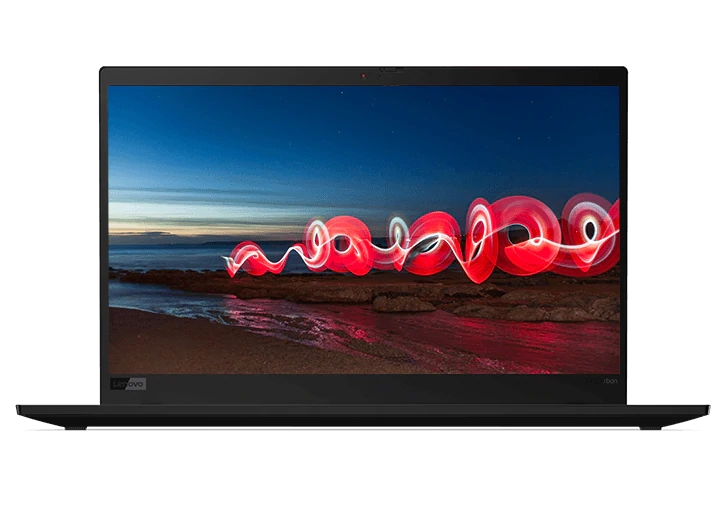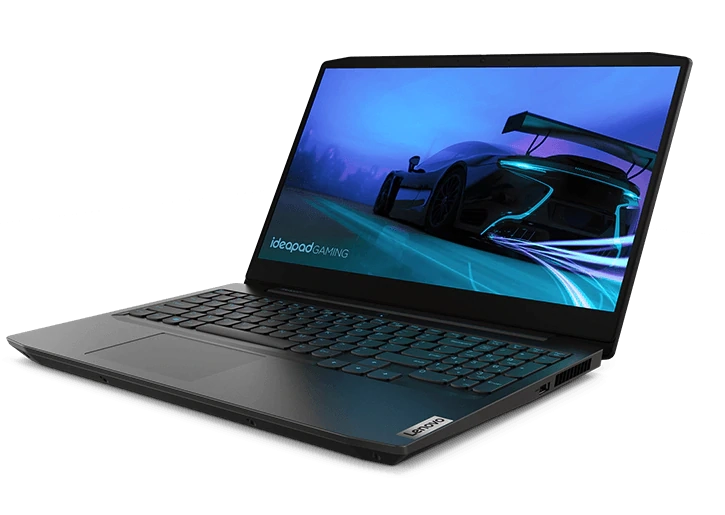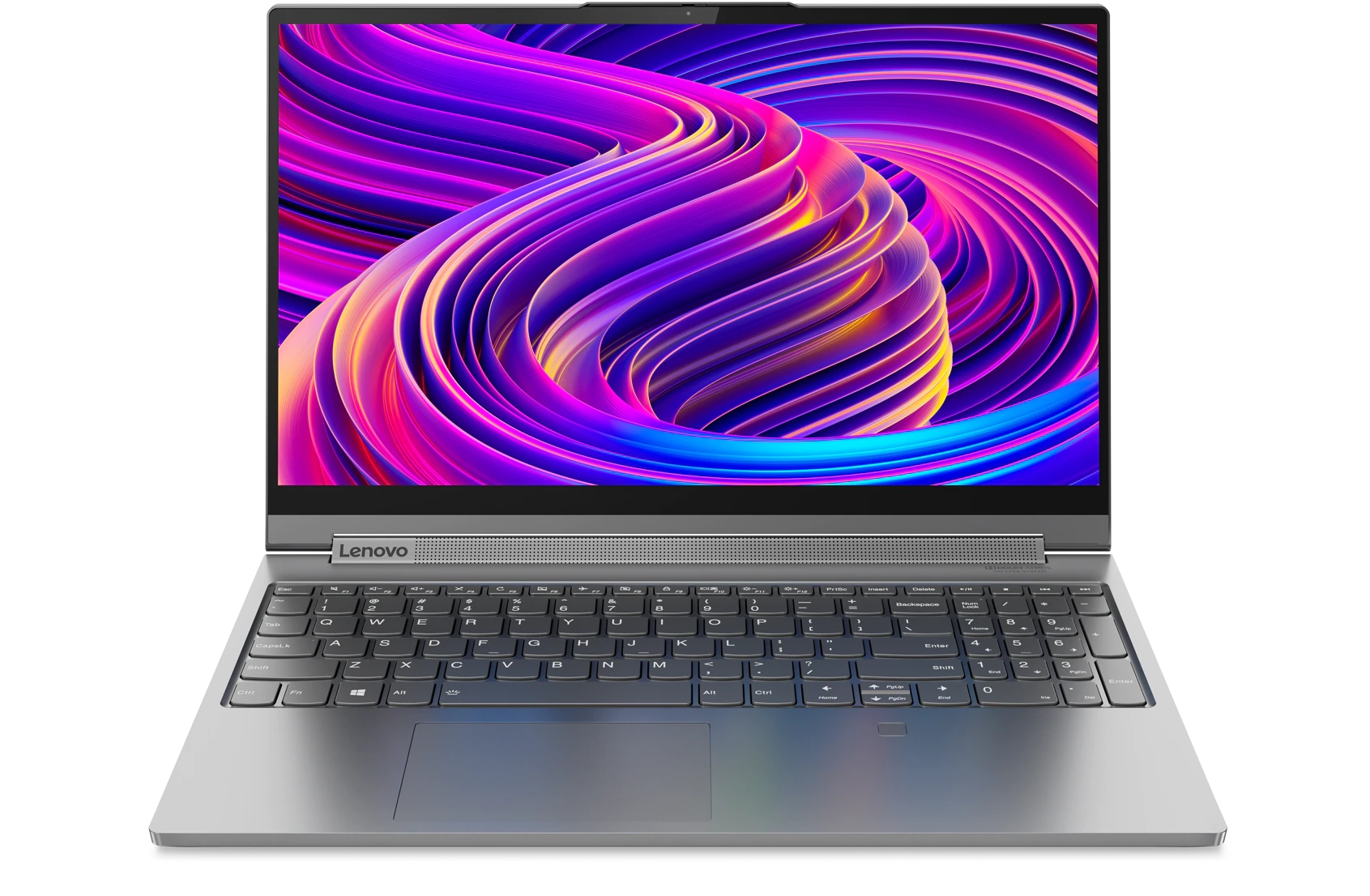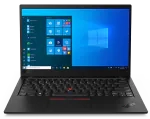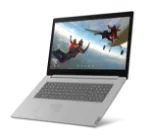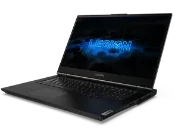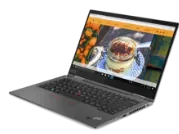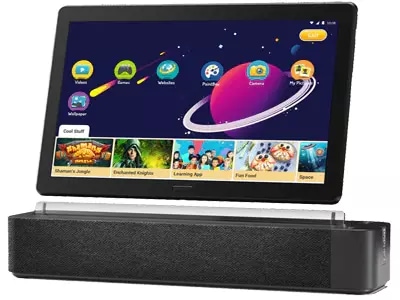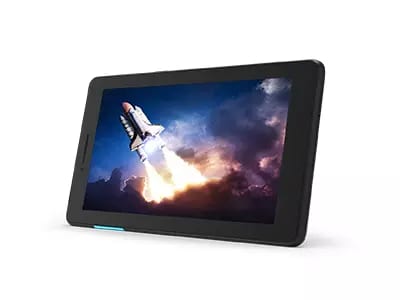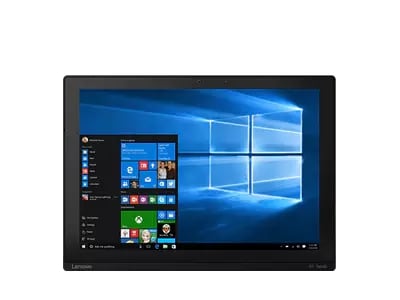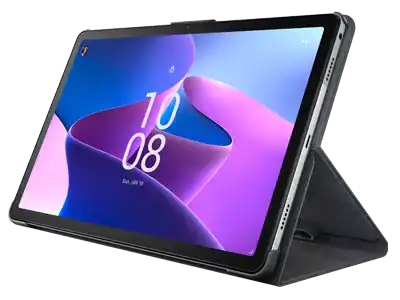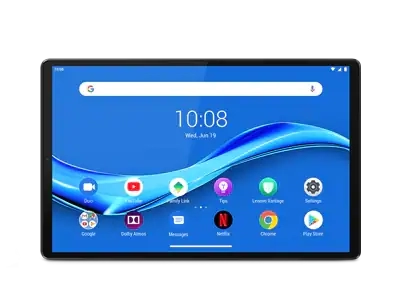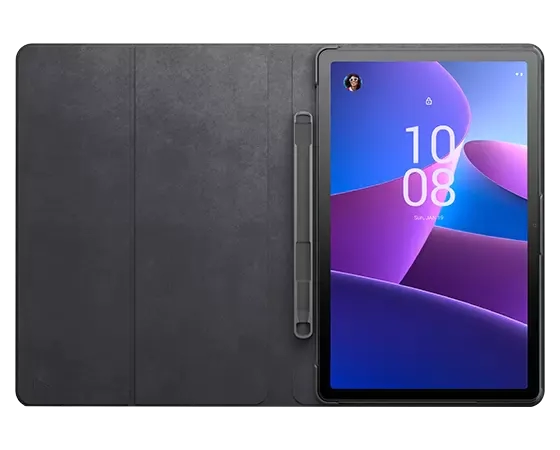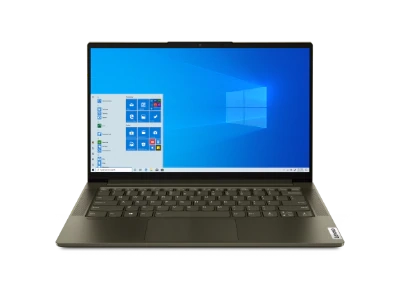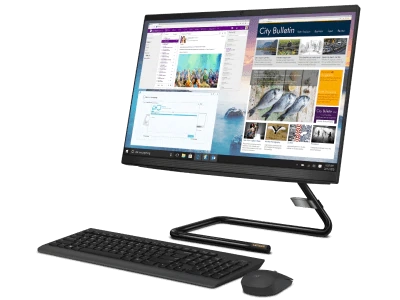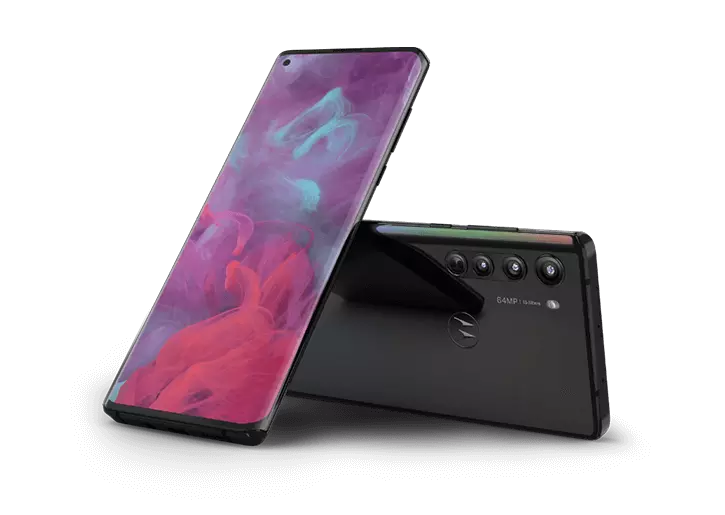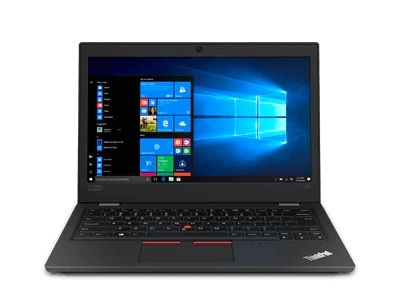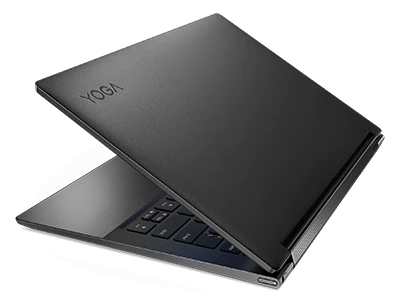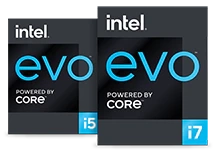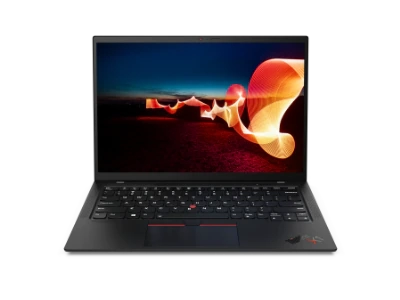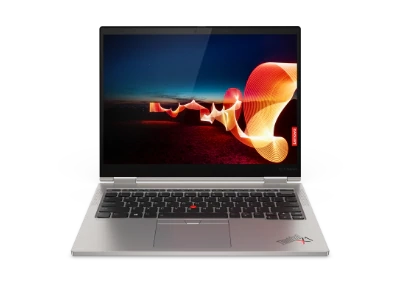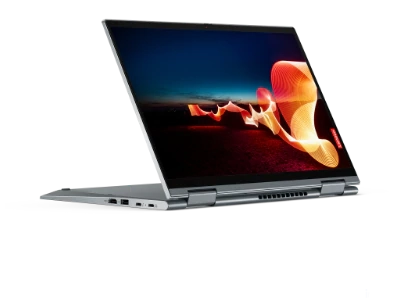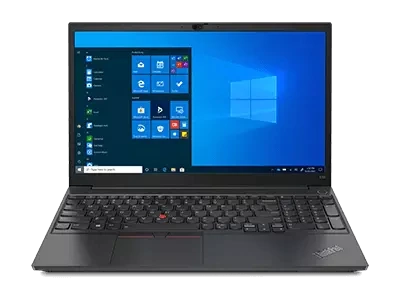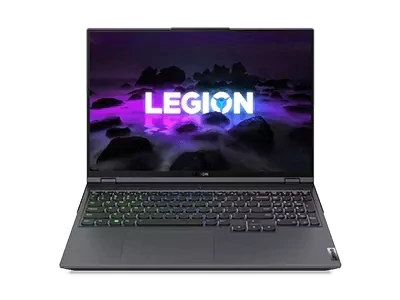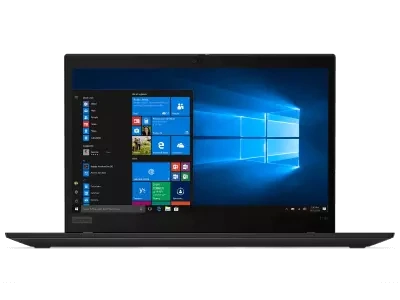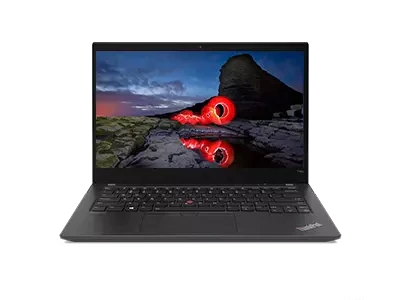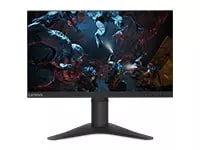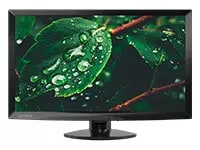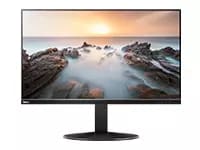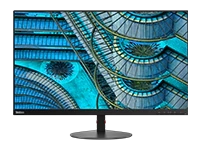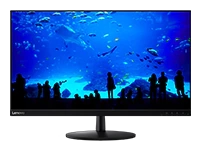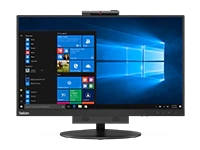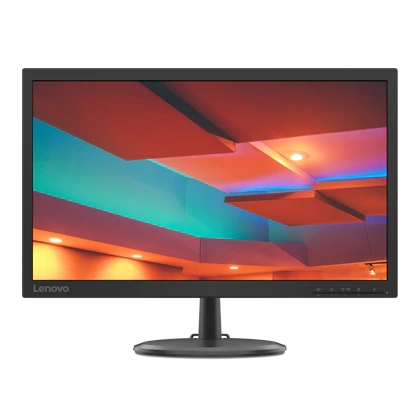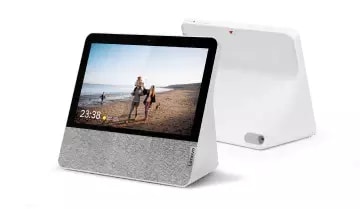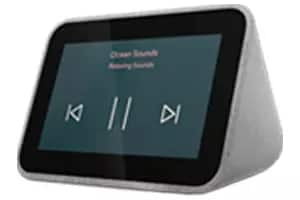
What Are the Best Processors for Gaming?
If you’re a gamer, you know that skill and dexterity are some of the most important factors when it comes to success on the virtual battlefield.
You also know, though, that equally as important is the type of gaming rig you use. There are keyboards, mice, headsets and graphics cards all designed to give you the competitive edge, but the heart of any top-notch gaming rig is the processor.
So when it comes to purchasing or building a gaming computer, what are some of the factors that provide performance in gaming and what are the best gaming processors?
Brands That Make the Best Gaming Processors
The CPU, or central processing unit, is the heart of any computer. Casually called the processor, the CPU performs the mathematical, logic, input/output and controlling functions of the machine.
There are dozens, if not hundreds, of CPU designs on the market today, each designed for a variety of functions. If all you plan to do with your computer is send and receive email, create and read text documents and surf the Web, an inexpensive processor with limited features will likely fit the bill. If you plan to participate in high-stakes gaming, though, a more powerful CPU is what you’ll need.
When it comes to gaming, the graphics card handles most of the chores in terms of creating the images you see on your display. When it comes to feeding instructions to the graphics card, though, it’s the processor that handles the task. Let’s say, for example, that the game you’re playing includes non-player characters that try to attack you. In that case, it’s the processor that tells those characters what to do.
When moving through the game environment, it’s the processor that determines what happens when you perform a certain action, such as opening a door or stepping in quicksand. And if you’re playing a first-person shooter, the processor tracks your ammo and how much damage you and your opponents suffer.
So what’s the best brand for gaming processors? We’ll get to that in a moment, but when considering a gaming processor it’s important to know exactly what to look for.
Here are some of the prime considerations when choosing the best gaming processors:
Core Count- Many of today’s gaming processors have as many as 18 cores, each of which acts as an additional processor. Those cores allow the processor to handle multiple instructions at the same time. In addition to gaming, a higher core count can help improve performance with processor-intensive tasks such as video encoding.
Clock Speed- The CPU’s clock speed (or clock rate) is the number of cycles a CPU can execute in a second. Because today’s CPUs typically execute billions of cycles per second, clock speed is measured in gigahertz (GHz). Simply put, the higher the clock speed the better.
Overclocking- When it comes to processors, overclocking is the practice of increasing the clock rate beyond the manufacturer’s rating. On one hand, overclocking can improve processor performance; on the other it can increase the amount of heat the processor generates and shorten its lifespan. Gamers often want to overclock their processors to squeeze every bit of performance out of their system.
With that in mind, what are the best brands when it comes to gaming processors?
On the surface, the answer is relatively simple. There are two choices when it comes to the best gaming processors: Intel and AMD. Intel has typically ruled the roost when it comes to processors, but in recent years AMD has caught up.
When choosing which brand to go with, the answer becomes more complicated. Each company offers a number of processors encompassing a range of features and price points. That takes us to the next stage of our search.
Other Considerations for Gaming CPUs
Along with the main features of core count, clock speed and overclocking capability in a gaming processor, other factors to take into account are things such as integrated graphics, cooling requirements and upgradeability.
Some computers include a separate IGP, or integrated graphics processor; a chip that functions as a graphics card and is either part of the motherboard or the CPU itself. IGPS are typically found in older CPUs and can’t be upgraded
Although IGPs work well in computers used primarily for tasks such as word processing, their performance in gaming is limited. Unless you’re working with a very modest budget, you’ll be much happier with a rig that includes a dedicated graphics card.
Because gaming processors often run at the peak of their capabilities, cooling can become a major concern. Inadequate cooling can hamper performance and even result in damage to the system itself.
Although there are a number of cooling solutions for gaming PCs, the main types are air cooling and liquid cooling. An air-cooling solution typically consists of a heatsink, heat pipes, and a fan, with air serving as the cooling medium. Air cooling solutions can be inexpensive compared with other methods, but fans can be noisy.
And finally, there’s the upgradeability of the processor. There are different types of CPU sockets on computer motherboards, so it will be important to identify the type of socket your motherboard has to determine what CPUs will work with your system.
How Much Performance You Need
As with anything, answering the question of “How much performance do I need?” depends on a number of factors.
At the top of the list is the type of game you want to play. Both Intel and AMD, in fact, host websites listing some of the latest games on the market and the minimum processor they recommend to run those games satisfactorily. In addition, many games offer their own processor recommendations.
Right up there is the amount of money you have to spend. Other considerations include whether or not you’d like to upgrade that processor at some point in the future.
The bottom line is that choosing a gaming processor can be a daunting, confusing task. Fortunately, Lenovo has done much of the heavy lifting when it comes to choosing a gaming processor, compiling a selection of gaming computers designed to meet the needs of the most avid player.
For budget-conscious players who desire portability, there’s the IdeaPad 3i Gaming Laptop, featuring a 10th Generation Intel® Core™ i5-10300H Processor (2.50 GHz, up to 4.50 GHz with Turbo Boost, 4 Cores, 8 Threads, 8 MB Cache). For those who want a top-of-the-line model, there’s where the Legion line of computers comes into play, for instance the Legion Y740 Gaming Laptop, which can be outfitted with a 9th Gen Intel® Core™ i7-9750H Processor (2.60GHz, up to 4.50GHz with Turbo Boost, 6 Cores, 12MB Cache).
For those desiring a desktop, there’s the Legion T730 Gaming Tower, with options for a 9th Generation Intel® Core™ i7-9700K Processor with vPro™ (3.60 GHz, up to 4.90 GHz with Turbo Boost, 8 Cores, 8 Threads, 12 MB Cache). And for those who want a desktop PC but have limited space, there’s the Legion C530 Mini Gaming PC, with its 9th Generation Intel® Core™ i5-9400 Processor (2.90 GHz, up to 4.10 GHz with Turbo Boost, 6 Cores, 6 Threads, 9 MB Cache).
All of the information you need regarding the processors found in Lenovo's gaming laptops and gaming desktops can be found on the Series overview pages. Simply reference the bullet points below each laptop or desktop for key information on processors, memory, battery life, and more. This can provide you with the information you need to quickly filter out the laptops that don't suit your needs, so that you can look into those that do.
Once you have found a gaming PC that interests you, you'll find additional product details – including processor, memory, and storage information – on the individual product page. When viewing an individual laptop or desktop, look under the Specifications or Tech Specs section for in-depth details regarding key components. Here you will find information relating to all technical aspects of the device.
Finally, keep in mind that once you decide on a PC, you can customize the processor on some laptops so that the device is better suited to your needs. You may choose to upgrade the processor, for example, to maximize the PC’s gaming potential, or install additional memory or storage. Lenovo makes it easy for gamers to create a device that is capable of running the latest titles without any drop in performance.


Limits: Orders limited to 5 computers per customer. For larger quantities, go to the “Where to Buy” section of the website for details of resellers and retailers of Lenovo products
Offerings and Availability: All offers subject to availability. Offers, prices, specifications and availability may change without notice. Product offerings and specifications advertised on this website may be changed at any time and without notice. Models pictured are for illustration purposes only. Lenovo is not responsible for photographic or typographic errors..
PCs shown here are shipped with an operating system.
Prices: Web prices advertised include VAT. Prices and offers in the cart are subject to change until the order is submitted. *Pricing - savings referenced off regular Lenovo web prices. Reseller prices may differ from those advertised here.
**Battery: These systems do not support batteries that are not genuine Lenovo-made or authorised. Systems will continue to boot, but may not charge unauthorised batteries. Lenovo has no responsibility for the performance or safety of unauthorised batteries, and provides no warranties for failures or damage arising out of their use. **Battery life is based on the MobileMark® 2014 methodology and is an estimated maximum. Actual battery life may vary based on many factors, including screen brightness, active applications, features, power management settings, battery age and conditioning, and other customer preferences.
Finance is provided by Duologi. Duologi is the trading name of Specialist Lending Ltd.
General: Review key information provided by Microsoft® that may apply to your system purchase, including details on Windows 10, Windows 8, Windows 7, and potential upgrades/downgrades. Lenovo makes no representation or warranty regarding third-party products or services.
Trademarks: Lenovo, ThinkPad, IdeaPad, ThinkCentre, ThinkStation and the Lenovo logo are trademarks of Lenovo. Microsoft, Windows, Windows NT, and the Windows logo are trademarks of Microsoft Corporation. Ultrabook, Celeron, Celeron Inside, Core Inside, Intel, Intel Logo, Intel Atom, Intel Atom Inside, Intel Core, Intel Inside, Intel Inside Logo, Intel vPro, Itanium, Itanium Inside, Pentium, Pentium Inside, vPro Inside, Xeon, Xeon Phi, Xeon Inside, and Intel Optane are trademarks of Intel Corporation or its subsidiaries in the U.S. and/or other countries.© 2023 Advanced Micro Devices, Inc. All rights reserved. AMD, the AMD Arrow logo, Athlon, EPYC, FreeSync, Ryzen, Radeon, Threadripper and combinations thereof are trademarks of Advanced Micro Devices, Inc. Other company, product or service names may be trademarks or service marks of others.
